We hear from those who work in the industry on their best tips for newcomers!

MONICA STOPINS, Val Morgan
My first tip is to join LinkedIn if you don't have it. It is such a valuable tool. I'm someone that didn't have it for about the first year of my job, and once I did get it, it opened up so much, and I learned so much from it. You see so many projects, cool innovations and fresh ideas.
Try and get out to as many networking sessions as you can. And it's always nice to strike up a conversation. I spent three months in Hong Kong from November to February, and I don't know how I did it. Still, I ended up in the Publicis office, chatting with some guys that work in strategy. So, a little conversation goes a long way, especially when trying to find a new job, that's for sure.

ORSI TOTH PAL, YAHOO
Try to build connections, there are so many events, and the industry is so welcoming even if you're not part of it yet. Ask questions, and there will be people hiring or someone who knows someone hiring.
Build your profile on LinkedIn, headhunters will often find you there, and you can specify what kind of industries you want to get a role in. If you have friends already in the industry, get them to refer you. It's a very connected industry. People are encouraged to refer their friends because the companies know that if you enjoy your job and work with your mates, you're more likely to stay around. You're more likely to invest your time and energy into the business. It's something that's very much encouraged.
I established the Advertising Industry Debate Club because I wanted to do something outside my day-to-day activities, connect with people, and build my brand in the industry. I wanted to organise something social, educational and fun. Anyone can come along.
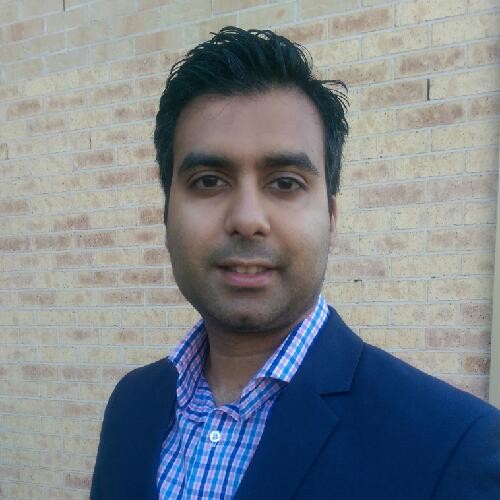
SHRUNEEK PRASAD, AUDIENCE360
One of the things that I think is really important is hard skills; you need people with the right attitude as well, especially people with the attitude to learn in the digital environment. In the industry that we are in, things change on a very regular basis.
There's new technology coming up, there are new regulations, and there are changes that happen. So the industry needs people who are comfortable with change, willing to learn, and willing to progress. That's one of the criteria I look at when hiring - how willing someone is to learn and how hungry they are to learn.
The second important criterion for me is looking at what difference they can bring to the team when I'm hiring. I don't want everyone in my team to be the same way. I encourage my team members to have an opinion and someone who can bring a different perspective to the team.
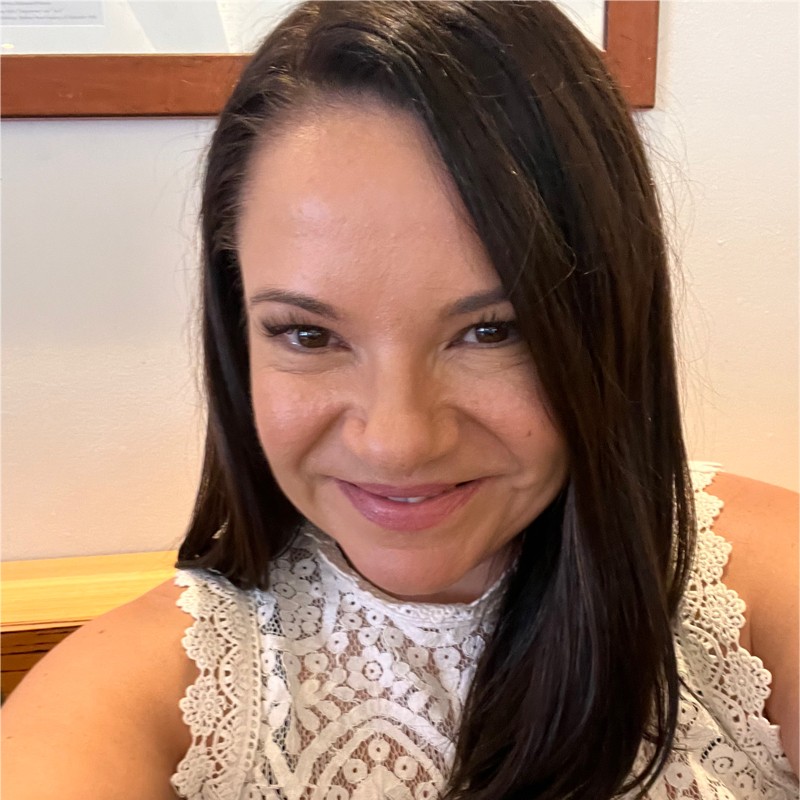
NICOLE PRIOR, XANDR
One thing I always look for when hiring is that special spark; you know, it's not necessarily about how much information you know; it's how much you're willing to listen and learn and participate. So, my first bit of advice would be don't be afraid.
I didn't have a marketing degree, and now I am running a fantastic technology company. It's really about passion. Think about the types of organisations that you want to work for or the types of people you might be interested in working with and focus on that.
When applying for a job, follow up, send an email, or if you have the person's phone number call them. Someone with that extra spark and who wants to go that little bit further or work harder, does stand out from the rest.
Don't be afraid to ask for feedback even if you don't get the role. Ask for areas you could improve next time, and maybe practice interviewing with your family and friends. You know, they're the ones who will give you the most honest feedback.
Lastly, don't try to be someone you're not. Be honest about the things you would like to work on or the skills you don't have that you'd like to grow. Authenticity is critical because you can teach a skill, but you can't change an attitude.

NICHOLAS BAILLY, CARSALES
Don't be afraid to stray away from what you believe is your core competency. If people see strengths in you that would serve interesting roles and functions within the business, indulge these possibilities for a little bit. You never know what could come of it.
Also, trust your gut; essentially, go for the ride. Don't be afraid to venture into areas and places you perhaps never thought about and find the right people to sponsor you through your journey.
That makes a world of difference and might make your career, at every step, really enjoyable.

PAOLO MODOLO, XANDR
I wish the resources available to grads and postgrads today existed when I was going through this.
I think the Careers Fair is a fantastic example of our industry doing a better job of selling ourselves to the next generation of leaders.
Our industry has never had a more diverse set of roles available today. There is something out there that will match your skill set and your background, you just have to do some digging.
Another tip is tied to that point of open-mindedness - curiosity. This industry can take you everywhere and anywhere, all four corners of the world. You can wear multiple hats. I started as a digital account exec, went into media planning, went into strategy, and commercial marketing, and a lot of that was driven by just being interested in how things work and wanting to further my development, and not being afraid of asking for things. I think employers appreciate that. They'll embrace that if you can put together a case for why change is required.
The final piece of advice is that it's nice to have things in three. I can't overstate the importance of identifying your values and then finding companies that align with that. You know, we spend a significant amount of our lives at work. Increasingly it's, less about the pay, and it's more about how you're going to develop, how you can contribute, what the company can give back to you, and doing things with purpose - with passion.

EMILY CHANGIZI, REA GROUP
If you're in your second or third year, start doing some internships. I know they can be a little bit of a pain because maybe you're not getting paid, but they are valuable to your future career.
I did internships in PR, which was another sub-major of mine. I thought maybe that was somewhere I'd want to go, but after doing the internships, I realised it wasn't for me. They're really important as they will give you a bit of direction into what path to take in your career.
My second tip is that If you want to get into the media and advertising industry, talk to as many people as possible. Then, once you’re in the industry, always PR yourself. If you're doing something, maybe just a little bit outside of your role, let people know that you're doing it because the industry is, although it is really big, it can be really small at the same time, and you want be acknowledged for the work that you're doing.

VIVIEN TRAN, WOOLIESX
I think I spent a little bit too long thinking about if I should apply for big companies or not, so I think my main tip is to take the leap and apply for the job. Put yourself out there. I applied for many jobs, but I was always not confident in myself and wasn't sure. But when I took that leap, I was amazed and got the position at WooliesX.
When you are in interviews, don't be afraid to ask questions. Always be genuine and curious; if you show that you're willing to learn, you're already one step ahead. I think another thing that I would suggest is to consider internships. I did do two internships, and I think that helped as well.

EMMALEE CRELLIN, YAHOO
My first tip is to be curious and open. There is so much to learn; I'm learning something new each day. And, so often we can get bogged down by just the amount of information we need to consume to be what we think is good at our job. But if you're new to the industry and are just curious and honest about that, people are willing to help you. There's so much connection that can come from being curious, so that would be my first recommendation - be curious.
A second recommendation is get out there and network - almost treating it like speed dating. When I moved here, I only knew probably about five people. Most of them were former colleagues from the company I worked for in Texas. I didn't know anyone, and I didn't know much about the advertising industry in adtech- a monumental beast ahead of me.
I asked a person I knew in the industry, "who is one person in the industry I should speak to?", and they were able to introduce me over email. I had a coffee with them and a nice chat. I asked them questions about what they currently do and what kind of suggestions they have as someone new to the industry. At the end of the coffee, I'd ask “is anyone else that you think I should meet?” I met so many people because of that one coffee – it was like speed dating, like six degrees of separation, one of them being Dan, who is now my boss.
There are a lot of opportunities for newcomers to get involved. Certainly, with the IAB through the Advertising Industry Debate Club and Yahoo has Yahoo Academy X for uni students who are soon to graduate.
So really get out there, network, be curious, and connect with as many people as possible.

MADELINE MCKEOWN, SEVEN
I was lucky to complete two internships in my final year of university, which helped me understand how a media company works. On top of that, my university was outstanding in getting us a head start in networking.
Use the network around you and connect to the people you meet along the way, including your peers and people at university.
LinkedIn is a fantastic tool, but get out there and meet people for coffee and find out what people do and their roles. When you are starting out, you have no idea of the different roles and what people do in the industry - just talking to people and understanding what they do can help you understand the industry better.
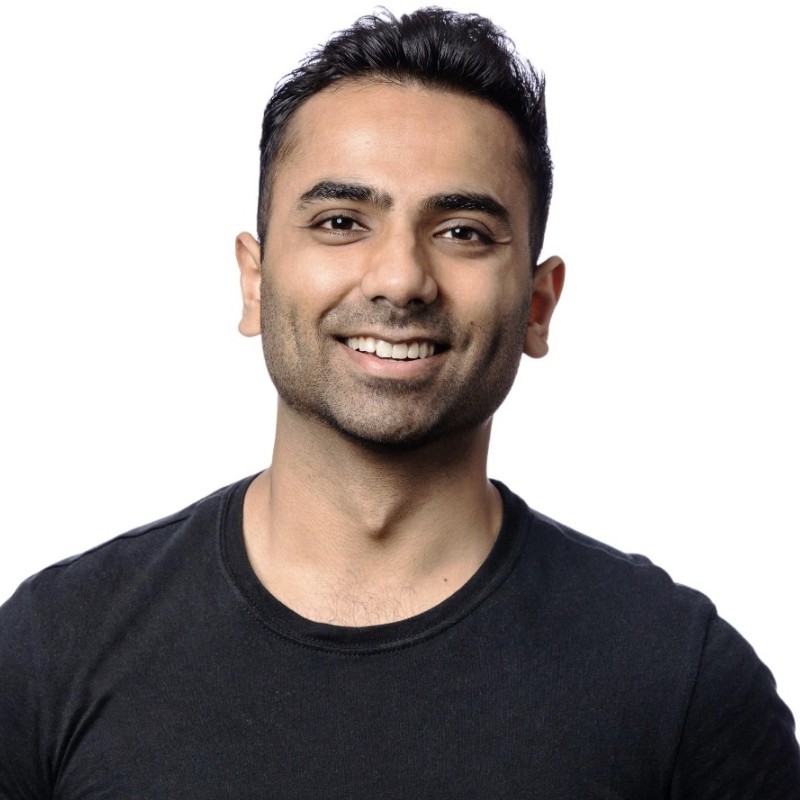
JERRY RALHAN, YAHOO
My most important tip for anyone coming into or graduating is to seize opportunities when they present themselves to you.
When we think we might want to do something, we tend to think about all the things that can go wrong instead of all the things that can go right. Breaking out of that cycle is essential.
I've learned career-wise that when you see opportunities or when you're presented with something, you put your hand up to say that you want to do it. This helps you immensely, whether it's your personal or professional life, whatever it might be.
Have an open mindset. If you're leaving university, things like volunteering and participating in professional network seminars allow you to break free from your bubble or your fixed of mindset.
That's the way you are going to stand out.
Everyone can get a degree, but you have to go that one step further to show how you are doing more than just completing your degree.

Jessica Bray,
AUDIENCE Precision
Apply for roles that interest you. Do searches about different companies. Even if there are roles that don't look appealing, read the job descriptions, and be open to them.
I also think when you land yourself a job and are on that career path, absorb everything. You're not going to know everything. There's a million different acronyms that I'm still learning every single day. So, take it in because every day is going to be different.
Lastly, enjoy the whirlwind that media is. There's something new to learn every day, and if you like a fast-paced environment, you will thrive in this industry.

MONIKA BUJCEVSKI, TWITCH
Apply for roles that interest you. Do searches about different companies. Even if there are roles that don't look appealing, read the job descriptions, and be open to them.
I also think when you land yourself a job and are on that career path, absorb everything. You're not going to know everything. There's a million different acronyms that I'm still learning every single day. So, take it in because every day is going to be different.
Lastly, enjoy the whirlwind that media is. There's something new to learn every day, and if you like a fast-paced environment, you will thrive in this industry.
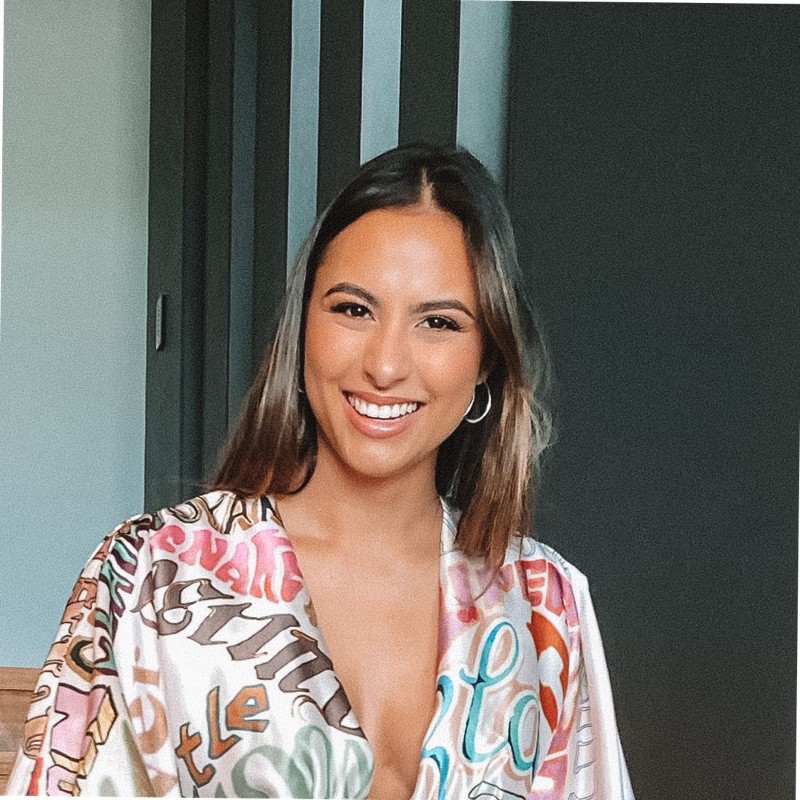
EMILIE NATION, UNRULY
I would suggest putting yourself out there. I think that's an important thing to do - reaching out to people in the industry that you want to be in. LinkedIn is a strong platform to reach out to people in companies that you want to work in, or fields that you want to be a part of, and to build relationships.
Try sending someone a note; it doesn't hurt to try. Some people will surprise you, and you've made a connection. They might end up being your mentor or being able to help point you in the right direction.
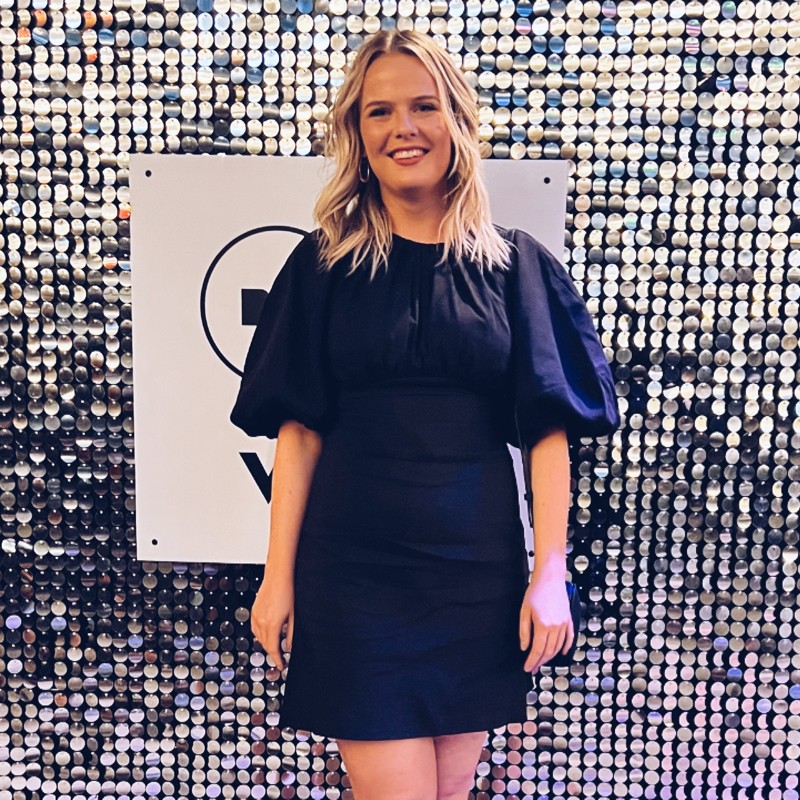
SOFIA FULLER-SMITH, PEDESTRIAN GROUP
My first tip is to keep your mind open. When I started in the industry, I didn't know I would work in project management; I thought my trajectory was marketing. Over the years, I came across these other opportunities that led me into a role I'm incredibly passionate about. Keeping an open mind when you approach things and new opportunities from a development point of view is great because you never know where it might lead you. Your career trajectory may change, but sometimes that could be for the best and be beneficial for you and your professional development.
My second tip is to keep up to date with business trends. I use a platform with mini audiobooks that are 15 minutes long, and really digestible. Audio books are a fast way you can upskill.
Lastly, I might also reach out to my colleagues and seniors within the business and my network to get advice. Sometimes, it is advice on basic things like time management, other times it is management advice like delegation.